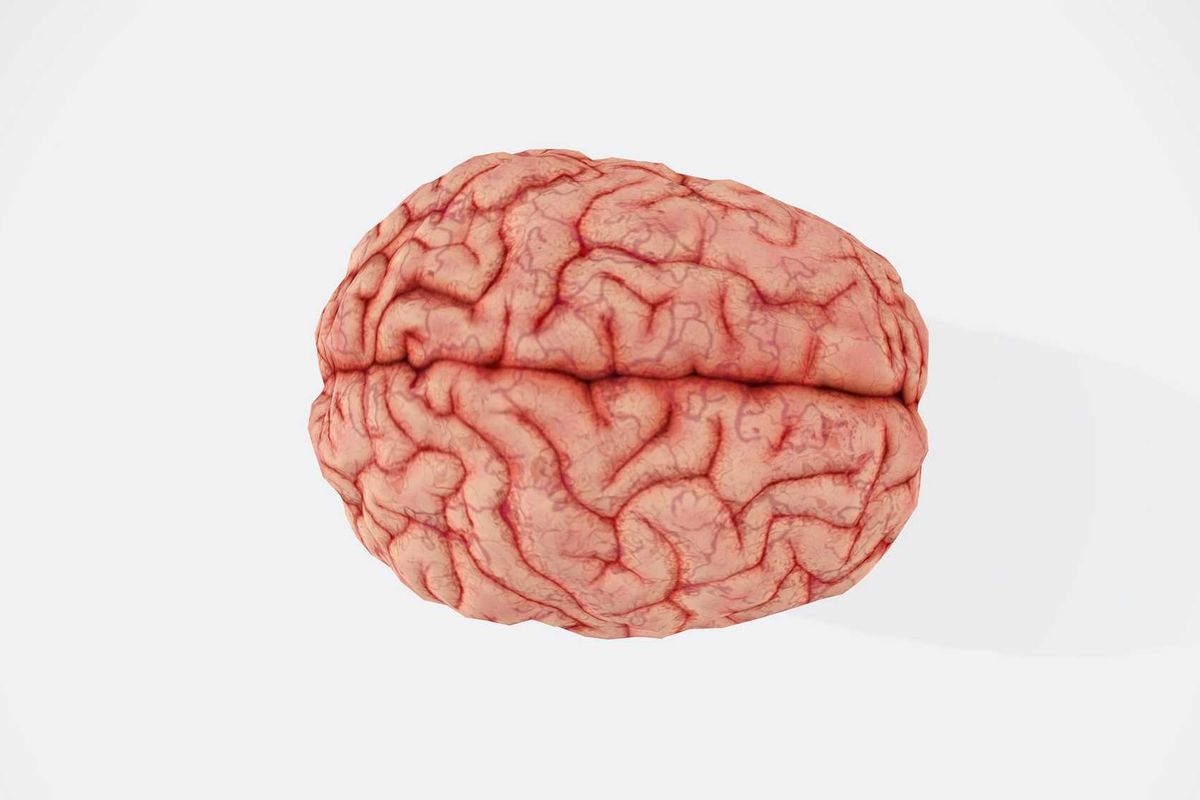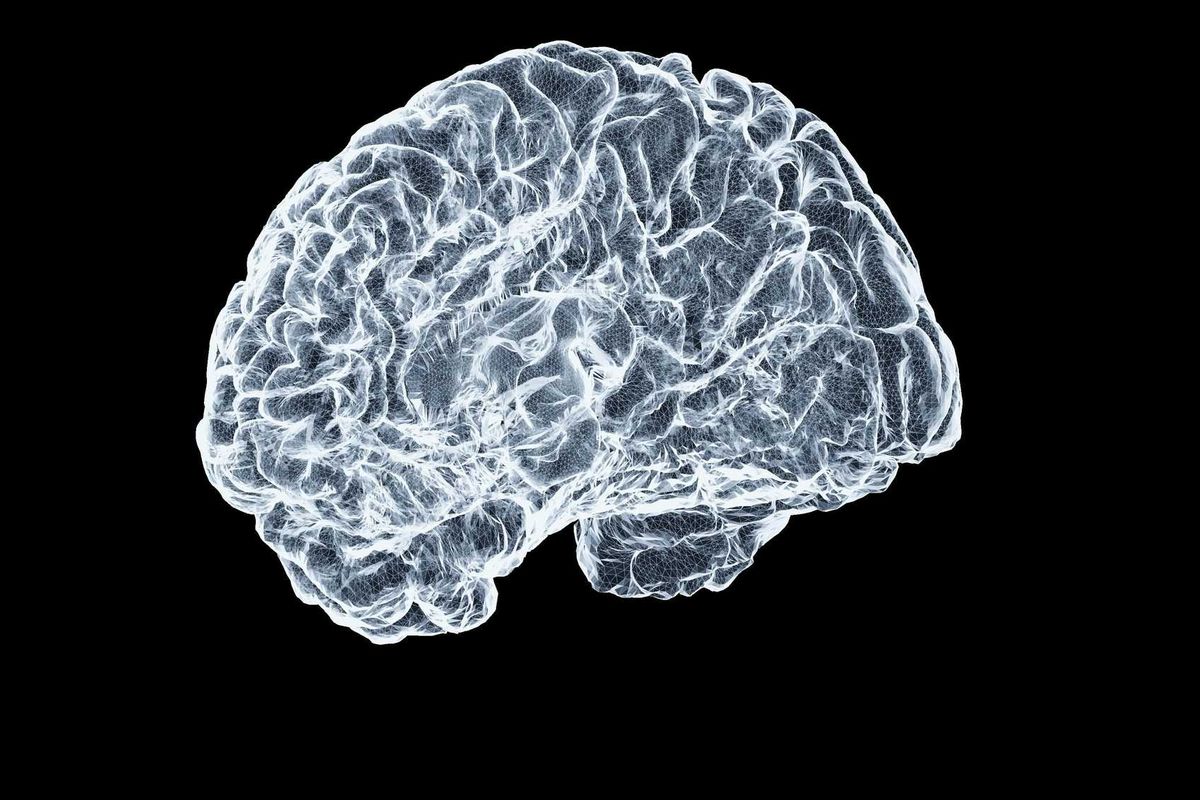Rice launches 'brain economy' initiative at World Economic Forum
brain health
Rice University has launched an initiative that will position “brain capital” as a key asset in the 21st century.
Rice rolled out the Global Brain Economy Initiative on Jan. 21 at the World Economic Forum in Davos, Switzerland.
“This initiative positions brain capital, or brain health and brain skills, at the forefront of global economic development, particularly in the age of artificial intelligence,” the university said in a news release.
The Rice-based initiative, whose partners are the University of Texas Medical Branch in Galveston and the Davos Alzheimer’s Collaborative, aligns with a recent World Economic Forum and McKinsey Health Institute report titled “The Human Advantage: Stronger Brains in the Age of AI,” co-authored by Rice researcher Harris Eyre. Eyre is leading the initiative.
“With an aging population and the rapid transformation of work and society driven by AI, the urgency has never been greater to focus on brain health and build adaptable human skills—both to support people and communities and to ensure long-term economic stability,” says Amy Dittmar, a Rice provost and executive vice president for academic affairs.
This initiative works closely with the recently launched Rice Brain Institute.
In its first year, the initiative will establish a global brain research agenda, piloting brain economy strategies in certain regions, and introducing a framework to guide financial backers and leaders. It will also advocate for public policies tied to the brain economy.
The report from the McKinsey Health Institute and World Economic Forum estimates that advancements in brain health could generate $6.2 trillion in economic gains by 2050.
“Stronger brains build stronger societies,” Eyre says. “When we invest in brain health and brain skills, we contribute to long-term growth, resilience, and shared prosperity.”
- Texas leaders position state to become next global hub for brain health ›
- New Rice Brain Institute partners with TMC to award inaugural grants ›
- Rice University launches engineering-led brain science and health institute ›
- Houston institutions launch Project Metis to position region as global leader in brain health ›










